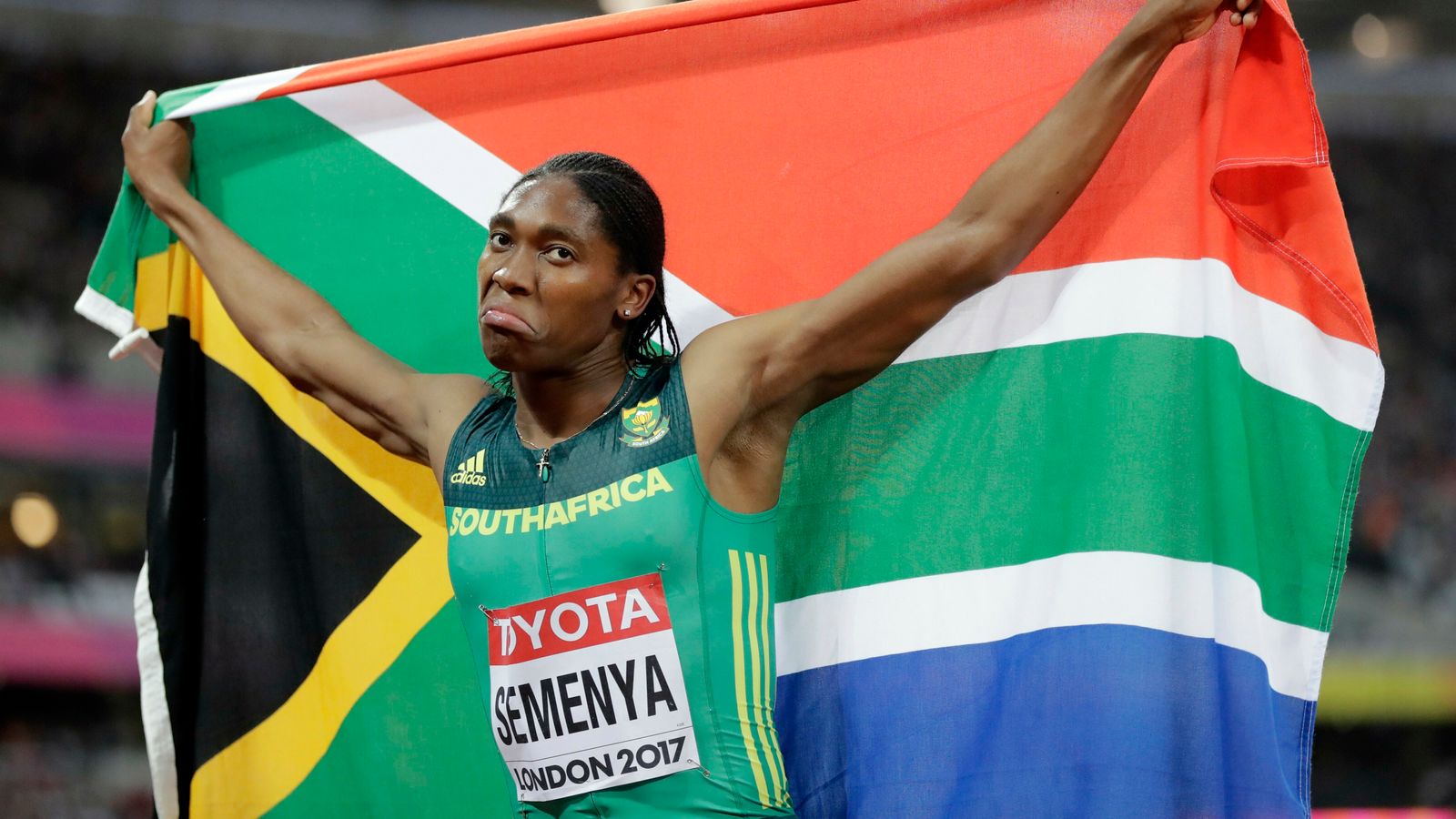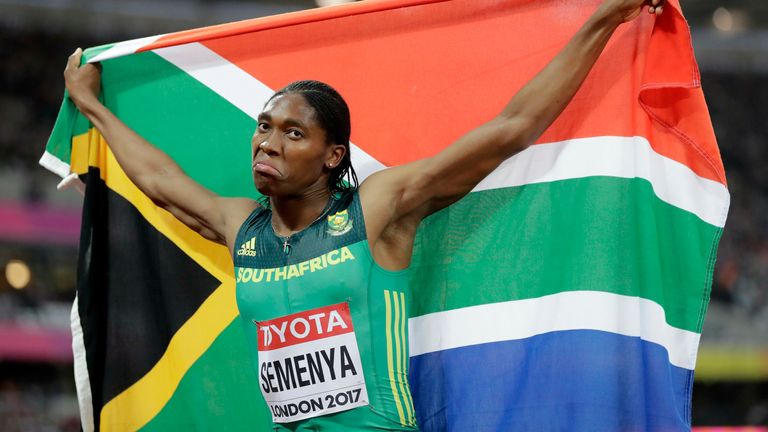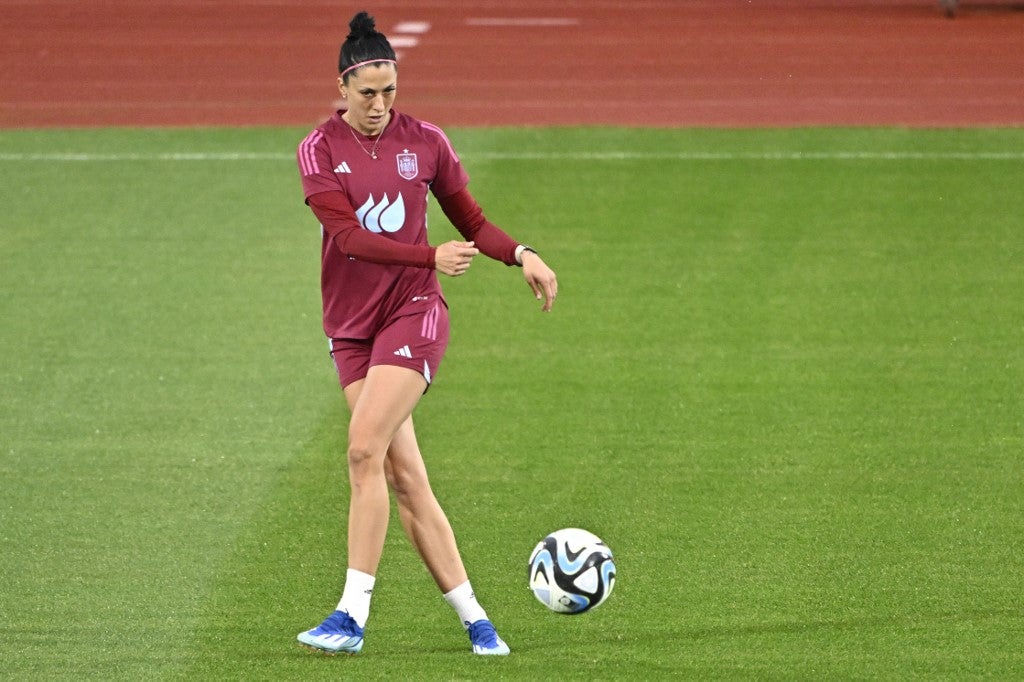
Caster Semenya: I’m not ashamed to be different and will continue to fight for what is right | Athletics News
Jody
- 0
Caster Semenya born with differences of sexual development (DSD); she has been unable to compete in 800m since 2019 due to World Athletics limits on testosterone for female athletes; in July, ECHR found her human rights were violated after challenges rejected at CAS and Swiss Federal Court
Last Updated: 07/11/23 9:26am

South Africa’s Caster Semenya has unable to compete since 2019 due to introduction of limits on testosterone levels for female athletes by World Athletics
Two-time Olympic champion Caster Semenya has said she is “not going to be ashamed because I am different” as she continues her dispute with athletics’ governing bodies.
The 32-year-old South African was born with differences of sexual development (DSD) and has been unable to compete at her favoured distance of 800 metres since 2019, following the introduction of limits on testosterone levels for female athletes by World Athletics.
Semenya has challenged those regulations and, although her case was rejected at the Court of Arbitration for Sport and the Swiss Federal Court, the European Court of Human Rights in July found that her human rights had been violated by the Swiss government.
With that case now heading to the ECHR’s Grand Chamber for a final ruling, Semenya has said she is focused on “winning battles against the authorities” rather than competing, with the Paris Olympics next summer not in her plans.
“For me I believe if you are a woman, you are a woman,” Semenya said on BBC Breakfast.
“No matter the differences you have. I have realised I want to live my life and fight for what I think and I believe in myself.
“I know I am a woman and anything that comes along with it just accept it.
“At the end of the day, I know I am different. I don’t care about the medical terms or what they tell me. Being born without a uterus or internal testicles. Those don’t make me less of a woman.
“Those are the differences I was born with and I will embrace them. I am not going to be ashamed because I am different. I am different and special and I feel great about it.”

Semenya’s challenges were rejected by the Court of Arbitration for Sport and the Swiss Federal Court
Semenya, who won Olympic 800m gold in 2012 and 2016 and is a three-time world champion over the same distance, said last week she had achieved all she wanted to on the track and is now focused on her battle with the sport’s authorities.
“My future is to fight injustice, fight for inclusivity and diversity,” she said.
“For me, I’m not going going to allow leaders who come for the selfish means into our business to destroy it. I’m about empowering women and making sure they have a voice.

The 32-year-old says she is focussed on fighting injustice, and for inclusivity and diversity
“At the moment, I don’t see a lot of women voicing out if they have problems or something to say. Each and every woman out there should fight for their own.
“I’ll always fight for what is right, I know what is right, I know how things are supposed to be done. Let’s wake up as women and fight for what is right.”
When responding to the ECHR’s ruling, World Athletics had defended its regulations as a “necessary, reasonable and proportionate means of protecting fair competition in the female category.”


